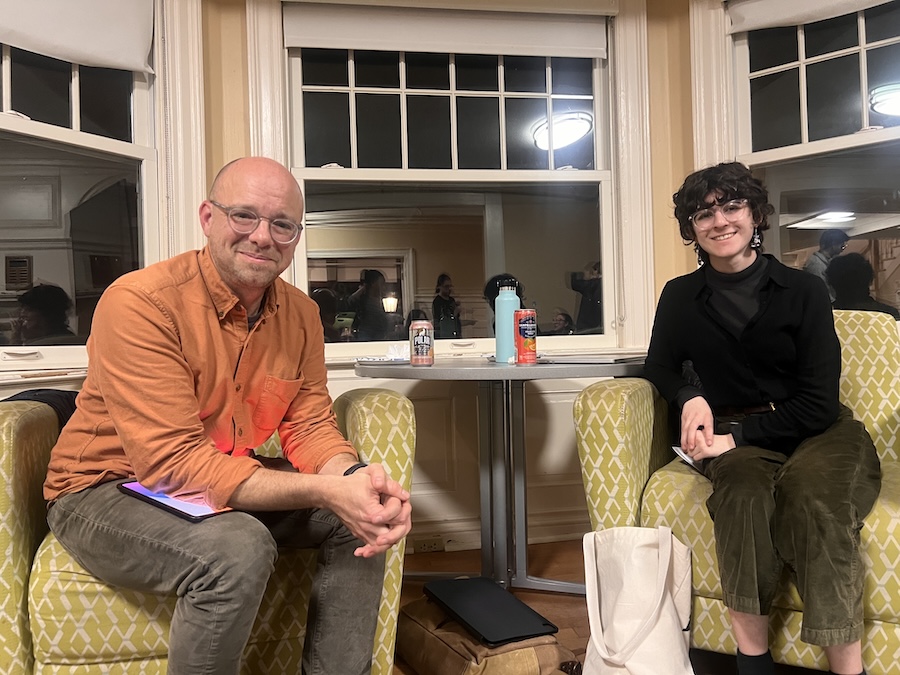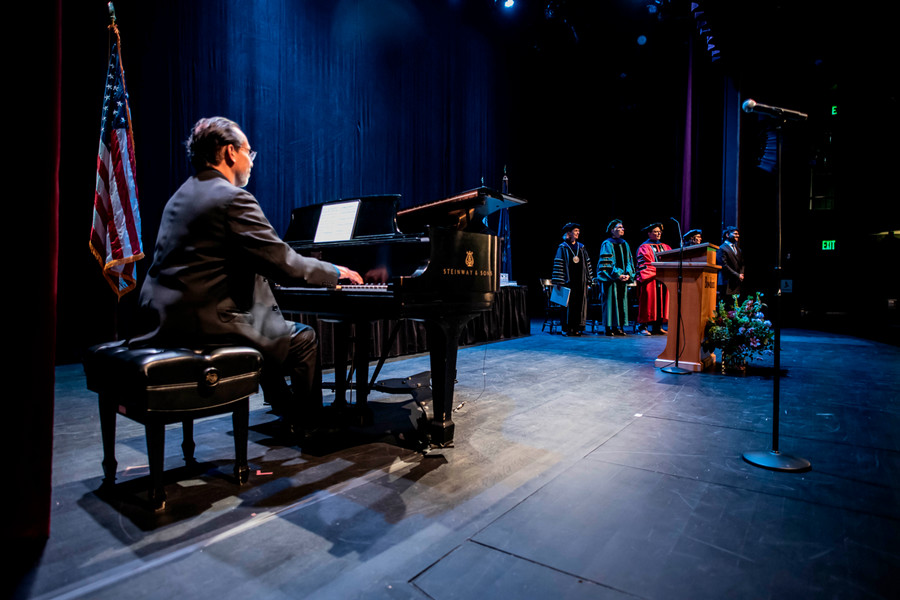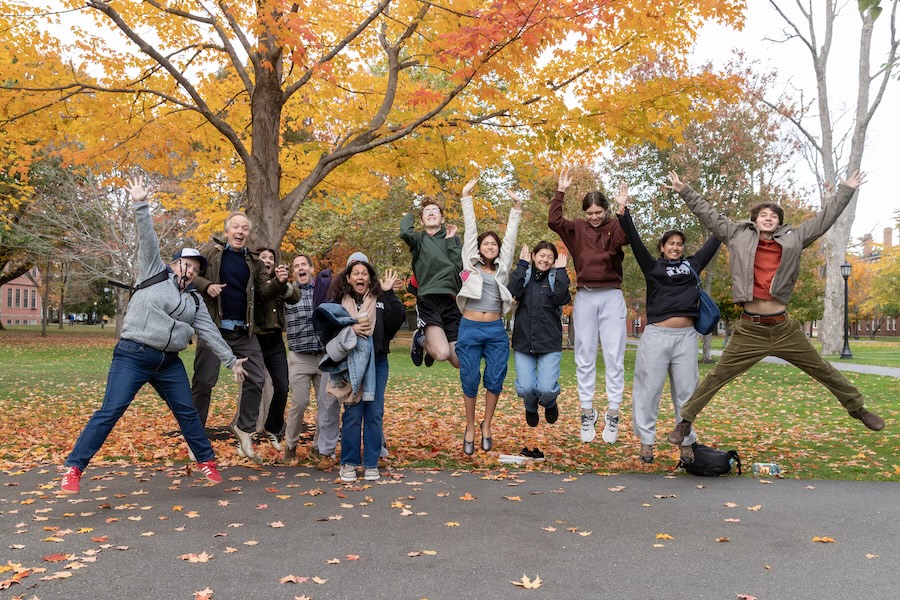Bethany Berhanu ’20 Looks at Mental Illness in Japanese Pop Culture
By Nicole Tjin A Djie ’21She recalls her amazement at seeing how the scrolls could tell entire stories with just a few images, and realized that these ancient drawings were the precursor to manga-style cartoons and their animated version, anime.
Manga and anime—and the culture that birthed them—fascinate Berhanu so much she is spending the summer studying the cartoons in depth. This foundational research will lead into a yearlong senior honors project.In the liberal arts fashion, Berhanu is combining the subject matter and practice of two disciplines—Asian studies and psychology (her two majors)—to explore a particular issue within Japanese culture.

“This summer I am looking at how Japanese pop culture mediums such as anime, manga, and fashion music portray Japanese people…and how Japanese people themselves view these portrayals,” she said.
The project began with Berhanu seeking a topic or angle that has not already been addressed by other scholars. After talking with her professors, Berhanu realized there was a gap in the scholarly discussion about anime and mental illness in Japan—a lacuna she will try to help fill while also learning about a topic that excites her.
“It’s a field that really has not been talked about yet, and I’m also really into anime, so I thought let me see if I can just find instances of mental illness in anime because it’s very prevalent,” she shares, explaining her thought process in the earliest stages of research. In these first few weeks of summer, she is honing in on what she would like to spend her senior year researching.
Berhanu is supported by the Mellon Mays Undergraduate Fellowship Program, which provides funding and other services to students of color who are headed to careers in academia. Since Bowdoin began participating in the program in 1992, dozens of undergraduates who have participated have gone on to pursue doctorates in many fields. Mellon Mays immerses its students in a comprehensive curriculum that includes classes such as “Investigating the Academy,” faculty lunches, and mentoring by graduate students. These graduate students, once in the Mellon Mays undergraduate program themselves, are pursuing their doctorates with the help of the fellowship.
After Bowdoin, Berhanu says she would like to go to graduate school in Asian studies. “I never thought I could study Asian studies professionally,” she said. But with the Mellon Mays fellowship and the guidance of her professors, she says she can now envision a future where she is able to continue to explore a topic she cares deeply about.
“If you really, really love something in college and you feel sad not being able to study it more, finding programs like Mellon for underrepresented students can give you a foot in the door,” she said.



